An Illogical Life
Simone LeMarteu and Nada Lestrigon
Other language: Italiano, Ελληνικά
On December 6, 2023, Alfredo Maria Bonanno died at his home in Trieste. Born in Catania, Sicily in 1937, he was a fellow anarchist, philosopher, bank robber, theorist and agitator, editor, writer, and tireless translator. What follows is an attempt to offer, en passant, a partial account of this figure and his history.
Although we were fortunate enough to have met Alfredo in person, albeit briefly and on fleeting occasions, to tell the truth we were initially reluctant to write this, fearful of producing either a cold biography or a poor summary of Alfredo's thought. In spite of our limitations, we ultimately decided to take on the responsibility, even if it was not certain we could avoid either of these dangers altogether.
Alfredo always rejected professorships and academic knowledge, cautioning us that "executioners come from the libraries.” Nevertheless, he spoke to us often about the importance of culture. In addition to his classic works on anarchism, Alfredo produced important studies of Hegel, Nietzsche, Stirner, Baudelaire, Paul-Henry Thiry d'Holbach, and Machiavelli. Moreover, "in addition to the six theses of my own, as was the custom at the time, between 1969 to 1997 I also authored roughly 150 dissertations for others." From this voluminous mass of books, talks, lectures, and notes, we have cited only the texts that are most significant to us.
At the end of the 1960s, as all over the world, Italy was hit by a libertarian upheaval that shook all the ganglia of society. Meanwhile, the "largest communist party in the West" was beginning to transform itself into a "party of the state within the working class," using the trade union to seize control of the autonomous forms of self-organization within workers' struggles. Thus began the strategy of "historic compromise" with the Christian Democrats, a corrupt mafia party in power for thirty years, to be followed later by the "policy of sacrifices and austerity," a systematic concertation subordinate to the bosses. Those who would not fall in line within the institutional paradigm would subsequently be marginalized, criminalized, and repressed. To offer just a few figures: roughly four thousand people were indicted and convicted for participation in an "armed gangs" "subversive association," or for "attempts to subvert the constitutional order"; well over twenty thousand people faced charges. According to the estimates of the Ministry of the Interior, those in the "subversive social area" numbered over a hundred thousand.
Alfredo’s militancy began as early as the 1960s in the ranks of the Sicilian anarchist movement. After working as an executive in the chemical industry, and another ten years as a bank clerk, he began to take part in the struggles of those years. At that moment in history, within a social context marked by powerful struggles over wages and social rights, an exceptional proletarian effervescence developed, giving rise to widespread insubordination. The result was an uprising whose size, social depth, temporal and geographic extent would make it the most significant revolutionary wave in Western Europe from 1945 to the present.
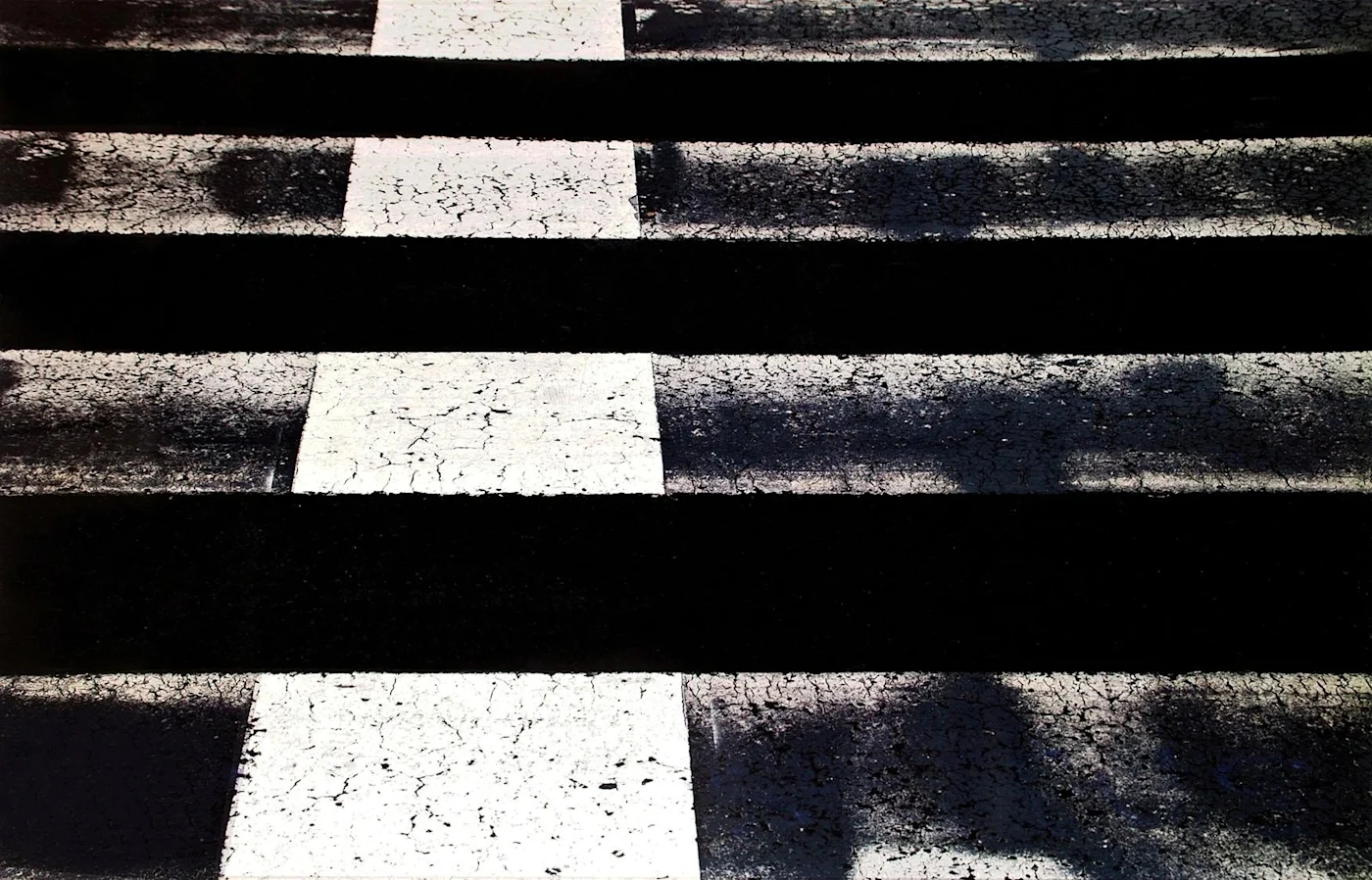
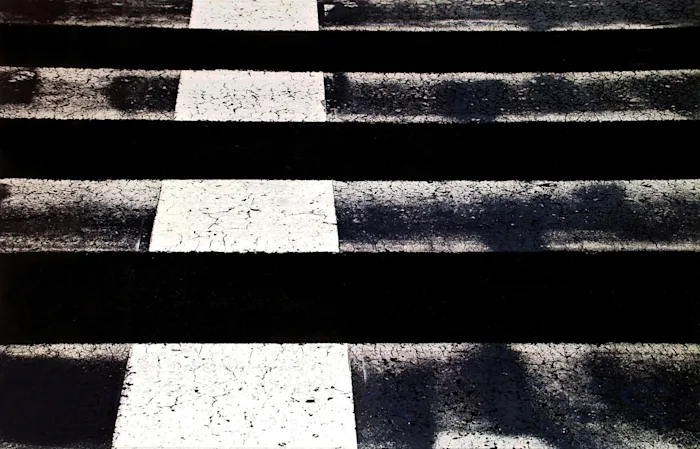
The response of power was not long in coming: first in the form of fascist coup attempts supported by secret service apparatuses and paramilitary organizations such as Gladio, then through the systematic use of state terrorism with the killing of the anarchist Pinelli, who was thrown from the window of a police headquarters, the bombs of Piazza Fontana in Milan (1969), as well as those at Brescia (1974) and the Bologna train station (1980).
Pinelli's funeral was attended by several hundred people including personalities of some intellectual authority such as Vittorio Sereni, Franco Fortini, Marco Forti, Giovanni Ramponi, Giorgio Cesarano, Luigi Manconi, some faculty from Milan's Catholic University, as well as many anarchists, including Bonanno himself. The latter published a pamphlet in 1998 entitled "Io so chi ha ucciso il commissario Calabresi" (I know who killed Police Commissioner Calabresi), in reference to the 1972 killing of a police commissioner whom much of the anarchist and revolutionary movement assumed had been the perpetrator of Pinelli’s defenestration. The paper argues that it was at Pinelli's funeral that an idea of justice emerged that was not previously there before: a shared desire for revenge. And, moreover, that the lack of vindication, the absence of any group claiming the act made this anonymous and vengeful deed intelligible and clear to all.
In this era, Italy was experiencing what some sectors of the middle class and the bourgeoisie considered an "economic boom," although it looked to others more like economic "crises" and strong social shocks. It was at this historical juncture that Alfredo set up "Edizioni Anarchismo" (Anarchism Editions) and intervened into the debate through such as Sinistra Libertaria (Libertarian Left), as well as by creating the magazine Anarchismo (1975-1994).
Throughout the decade of the 1970s, the debate within extra-parliamentary left organizations focused not so much on whether or not to use revolutionary violence, but rather on how and when to use it. From wildcat strikes to factory and neighborhood assemblies, from mass demonstrations to auto-reductions of utility bills, from proletarian expropriations to assaults on police precincts, a diverse panorama emerged gathering students and workers, the unemployed and the marginalized. This heterogeneous movement also included heretical communists and metropolitan Indians, Comontists and Consiliarists, as well as Situationists and Autonomists. In addition to the Brigate Rosse (Red Brigades), whose politics emphasized the seizure of power and an "attack on the heart of the state," there was an archipelago of over 600 acronym groups that practiced forms of metropolitan guerrilla warfare. If the role of anarchists in this historical phase, with a few scattered exceptions, was entirely marginal owing to its antiquated emphasis on “synthesis anarchism,” the anarchist movement of direct action, the experience of affinity groups and autonomous nuclei nevertheless began to take hold more and more, with similar experiments also emerging in Spain, England, and France. Outside and against bureaucracies of all color, young rebels sought to combine the criticism of everyday life with the subversion of imposed social roles.
Against this backdrop of proletarian autonomy and "bombs, blood, and capital" (to recall an expression employed in a text from those years1), Bonanno's anarchism waged a polemic against neo-Leninist, Stalinist, and authoritarian organizations on the one side, as well as the now stale and traditional Anarchist Federation on the other. He critiqued specialism, vanguardism, and militarism. One of the more significant querelles of this period occurred between the newspaper Insurrection, the magazine Anarchism, and the armed group Azione Rivoluzionaria (Revolutionary Action). Several critiques were leveled of the contradictions in latter’s approach to libertarian armed struggle, the most important of which concerned “the function of [an] armed organization that persists in seeing itself as having a ‘guiding,’ ‘primary’ function towards mass work under conditions of production and exploitation. It would have been more accurate to have talked about the indispensability of the specific armed organization and the simultaneous importance of the extension of mass work, without the one being subordinated to the other or vice versa.”2
In 1977, the radicalization and generalization of the class conflict became even more acute, leading Alfredo to compose "La gioia armata" (Armed Joy), a pamphlet written precisely because
[i]t seemed essential to prevent the many actions carried out against the men and structures of power by comrades every day from being drawn into the planned logic of an armed party such as the Red Brigades. That is the spirit of this book. To show how a practice of liberation and destruction can come forth from a joyful logic of struggle, not a mortifying, schematic rigidity within the pre-established canons of a directing group.3
It’s worth recalling that the book “…was ordered to be destroyed in Italy. The Italian Supreme Court ordered it to be burned…I was sentenced to eighteen months’ imprisonment for writing [it].”4
In the intellectual world, the real scandal came 1978, when Anarchism Editions published "My Political Testament."5 Although attributed to Jean-Paul Sartre, the 40 page text was actually written by Joseph Déjacque, an anarchist who died in Paris in 1864, a détournement that would earn Bonanno a complaint from the Parisian philosopher.
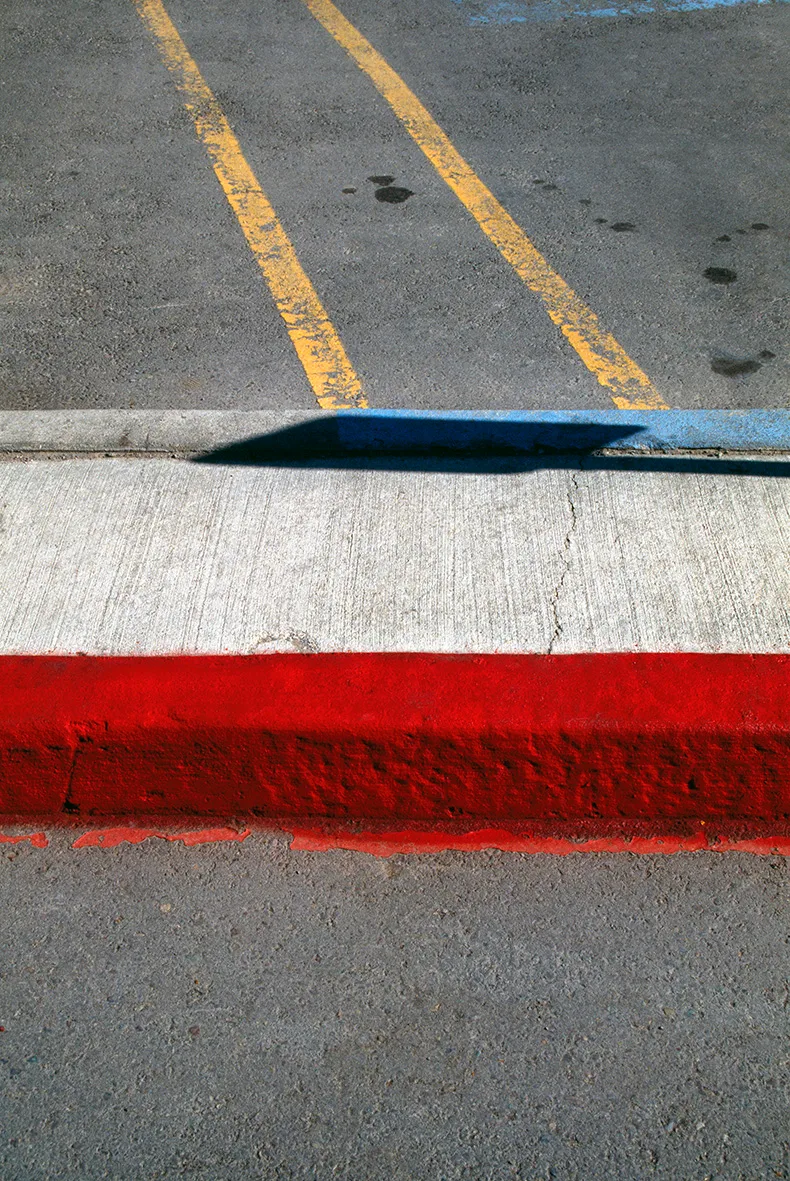
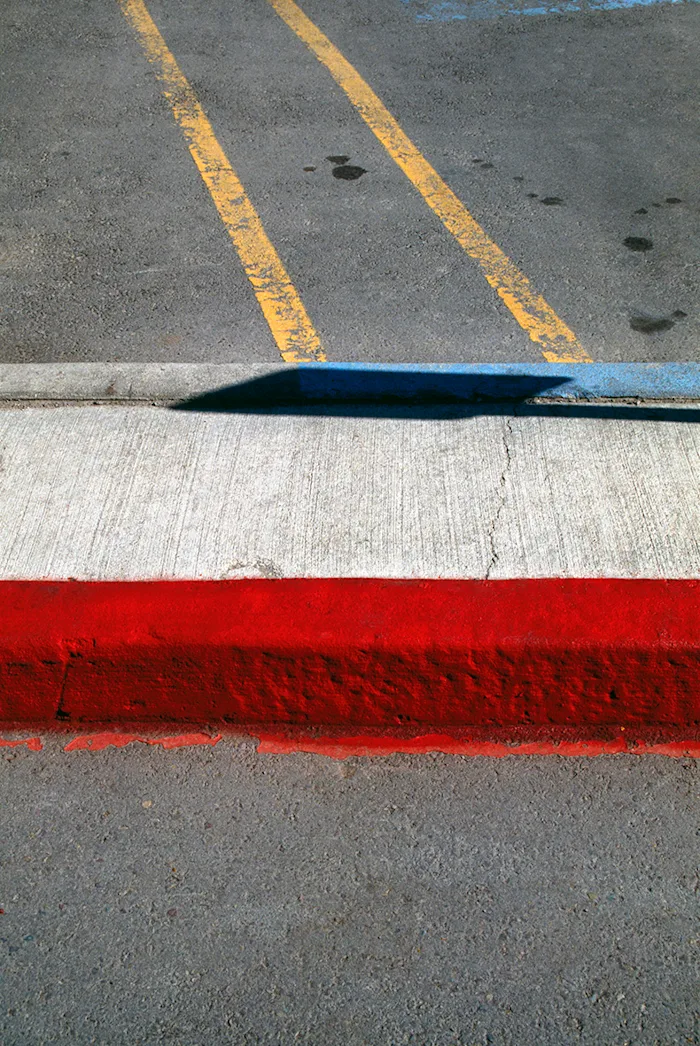
With the advent of telematics in the early 1980s, an important phase in the restructuring of the state and capital begins. It was in the midst of Italy’s "emergence" period, a time of deep reflux in the revolutionary and antagonist movement, that the counterrevolution deployed all the forces at its disposal. The creation of special prisons and laws enforcing dissociation and repentance initiated a debate around the question of political imprisonment in Italy. It was in this context that Alfredo published "E noi saremo sempre pronti ad assaltare il cielo" (And We Will Still Be Ready To Storm The Heavens Another Time) in 19846, a text against the amnesty and "surrender" advocated by certain communist militants. Now that the centrality of the worker and Party centrality was visibly receding, the armed hypothesis could once again be revived through the practice of widespread sabotage and diffuse anonymous attacks spread across the territory. From London, Alfredo writes "The Illogical Revolution," in which he emphasizes the polarization of reality, the importance of intervention in intermediate struggles, informal organization, and the insurrectional project. He was present once again during the 1984 Brixton uprising.
When one observes the irrational uprisings that punctuate late capitalist societies, the inadequacy of a certain nineteenth-century vision of anarchist insurrection — one that imagines red and black flags flying above the barricades — becomes obvious.
In the meantime, experiments began with forming "autonomous grassroots nuclei" within specific struggles, in an effort to "bridge" the specific movement (the comrades) and the real movement (the reality of the excluded in struggle). It was from this perspective that comrades participated in the struggles of Turin’s railway workers, created the Coordination of the Self-Organized Leagues against the Comiso missile base in 1987, and participated in anti-nuclear struggles and anti-militarist demonstrations, each of which presented specific targets of attack.
In 1987 the magazine Provocazione was created (1987-1991). Bonanno was arrested with another comrade for a robbery at a jewelry store in Bergamo in 1989. Speaking of widespread and decentralized actions, it should also be noted that some 1200 electricity towers were torn down in Italy from late 1977 to 1989. In these same years, the Sicilian anarchist described the condition of "I giovani in una società post-industriale" (youth in a post-industrial society) and the division between the excluded and the included as follows
Some time ago I proposed a distinction based on these two concepts. On the one hand the “included,” closed up inside their teutonic castle and, so, dominators; on the other hand the “excluded,” destined to a passive use of technology, dispossessed of anything that will ever be more than their aim of ‘work’ and, precisely because of that, dominated.
I have explained, it seems to me comprehensively, that this distinction adapts itself well (just as a model of reasoning) to post-industrial reality. Today’s technology is “wealth,” far beyond simple “financial capital,” which will only diminish more and more. It will be impossible for this technology to be shared by all. Many will only have the skills for a passive use of it and will not understand anything beyond simply pressing buttons. The few (the included) will carry out research and manage power through a possession exclusive to them.7
As the 1990s arrived, the decentralization of production structures, flexibility, and precarity only worsened. Anarchism increasingly came to be seen as an individual ethical tension that must come to terms with the changing realities of an increasingly decentralized and diffuse dominion by the state over its territory. This shift to the “new" democracy, and the transition from the First to the Second Republic, is addressed in Alfredo’s "La tensione anarchica" (The Anarchist Tension), a booklet originating in a lecture delivered at a high school in Cuneo in 1995. Similar lectures were also organized in Greek universities, which included talks that would become "Dominio e Rivolta" (Dominion and Revolt). These were also the years of the weekly CaneNero, a newspaper edited in Florence by Alfredo and various other individuals, as well as the so-called "Marini Trial" in 1996, named after the magistrate investigating an "armed gang" called ORAI (Organizzazione Rivoluzionaria Anarchica Insurrezionale), a fiction invented by the state’s investigators, and allegedly headed up by Bonanno. Sixty-eight anarchists were accused of robbery, kidnapping, murder, possession of weapons, and various attacks on capitalist infrastructure and the sites of state power. At the Rome trial Alfredo represented himself8; anarchists spoke of a "frame-up" and launched a campaign for the release of the accused. An article in CaneNero asserted that "[t]he insurrection has desires and reasons that no military logic will ever understand."9 In any case, after many acquittals and at some heavy convictions, the theorem of an "armed gang" with leaders, hideouts, etc. never really went away; every year or two a similar accusation against anarchists would reemerge.
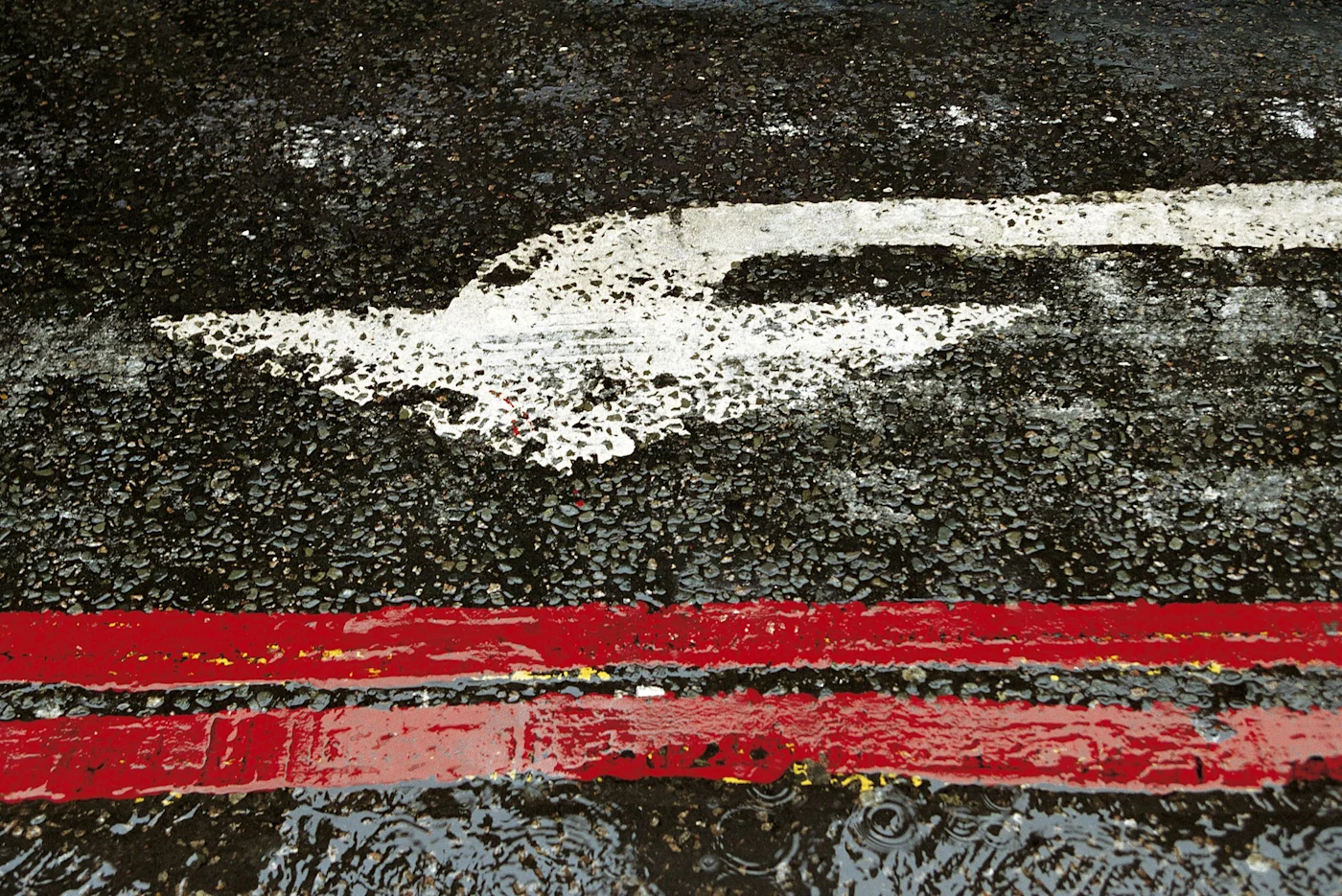
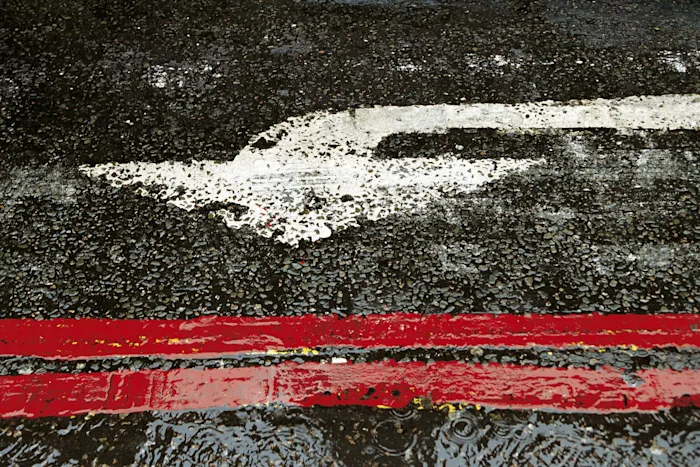
At a conference in Velletri in December of 2000, the idea began to take shape of "stabilizing relations among comrades within the Mediterranean basin," which led to the attempt to set up "an informal organization drawing together anti-authoritarian comrades and groups": the AIA (the Antiauthoritarian Insurrectionalist International). Although the project never really got off the ground, it marks an important milestone in the history of anarchist direct action, one which speaks to a certain context, a tension, and a cycle of international struggle.
Twenty years into this new century, Alfredo remained an active propagandist, continually publishing new texts, constantly on the road in Italy and abroad. The final volume of his Il trattato dell’inutilità (Treatise on Futility)10, on which he labored much of his life, is finally published in 2009, followed nine years later by Negazine in 2017.11
Arrested (with another Greek comrade) in Trikala in 2009 for yet another bank robbery, Alfredo received an outpouring of international solidarity.
Starting from the "theory of the individual," Bonanno sought to overcome — thanks to the Nietzschean concept of "transcendence" — the "false opposition between individualism and communism." By his own admission, he was never a nihilist but rather an anarchist communist in the direct lineage of Bakunin, Kropotkin, and Malatesta.12 In defiance of all specialized and academic intellectualism, and in spite of a writing style that was not always the most straightforward, saddled with conveying often dense yet profound theoretical interventions, many of his lucid critiques and pointed remarks have made enormous contributions to the international anarchist movement. It is no surprise to see his analyses of "the new turn in capitalism," the "transformation of the work world and schooling," the "loss of language," the "misery of culture," and of "repression and social control" materializing everywhere in contemporary society.
However, we believe that a parenthesis should be made concerning its so-called “internationalism.” With respect to the current context of imperialist warfare we are experiencing today, or more generally in this phase of resurgent nationalisms (now rebranded in a sovereignist key), religious fundamentalisms, and state racism, it is worth citing the precise position taken in 1989 on the so-called "Palestinian question":
[I]t is necessary to be against both the Israeli State and the Palestinian one. It is necessary to support the constitution of a federation of workers’ communities, both Palestinian and Israeli, free to federate themselves as they wish, to give themselves programs, to make their own organizational and productive choices, beyond the rough interference of the big states, in particular the USA. Practical and ideal, as well as a productive and cultural collaboration is necessary, between the Palestinian people and the Israeli one, to put an end to a conflict of nation and race that has no reason to exist in that, in these lands, there is room for both people, with their differences of race, culture, religion, and traditions. It is necessary to be at the side of the Palestinian people, but also to be with the Israeli people, especially the most disinherited and poor among them, who an international politic of huge interests is pushing to reciprocal massacre.13
In this regard, Alfredo had the cause of Palestinian liberation very much at heart, having taken part in the struggle directly in the field, for which he was tortured by Mossad.
In fact, Alfredo was tremendously courageous (in the true etymological sense of the word: cor agis, to act with the heart), routinely putting his life on the line, spending it ardently — slowly, but uninterruptedly, just as Stirner's candle burns — against the abuses of power and offenses to dignity, against the ideological imbroglio and the entire scientific organization of this deadly order. Alfredo’s entire illogical life is found here, in rupture with the rational logic of a bourgeois world, in the overturning of the order of discourse:
The entire apparatus of the western cultural tradition is a death machine, the negation of reality, a reign of the fictitious that has accumulated every kind of infamy and abuse, exploitation and genocide. If the refusal of this logic of production is condemned as madness, then we must distinguish between madness and insanity.14
Before us lies a cold and monstrous reality, to which we must oppose the stubborn and revolutionary, but absolutely non-deterministic conviction that,
…every single moment of our lives, in even the smallest breath of hope, the simple sudden blush at a pleasant sensation of which we no longer believed ourselves capable, we are sure that all this cannot be lost and that the world of the future will be built on these very materials, unaccumulable, unquantifiable, productive of openings still unthinkable.15
The ethical and methodological questions posed in the past still remain open today: in the face of war and the "Fourth Industrial Revolution," in the face of the barbarism and violent "transition" taking place, between artificial intelligence drones, algorithmic exploitation, and digital domination, how can we stop the construction of this derealized and atomized techno-man of the 21st century?
A climate of flattening and standardization, of pitiful concessions and agony exchanged for breaths and heartbeats. It is precisely because we reject our vital membership in this substantial death that we seek to push things further, that we affirm joy as a vision of life and not a miserable defensive entrenchment.16
In conclusion, without wanting to slavishly reproduce a model, without any ambition to sanctify or mythologize him, we wish to say that Alfredo lived a contradictory, illogical life, as is the life reserved for all of us who perceive clearly the illogical reality in which we remain immersed.
A life gripped by death drive and will to power, hounded by wounds left by the blows he received, yet sprinkled with outbursts of selfless love.
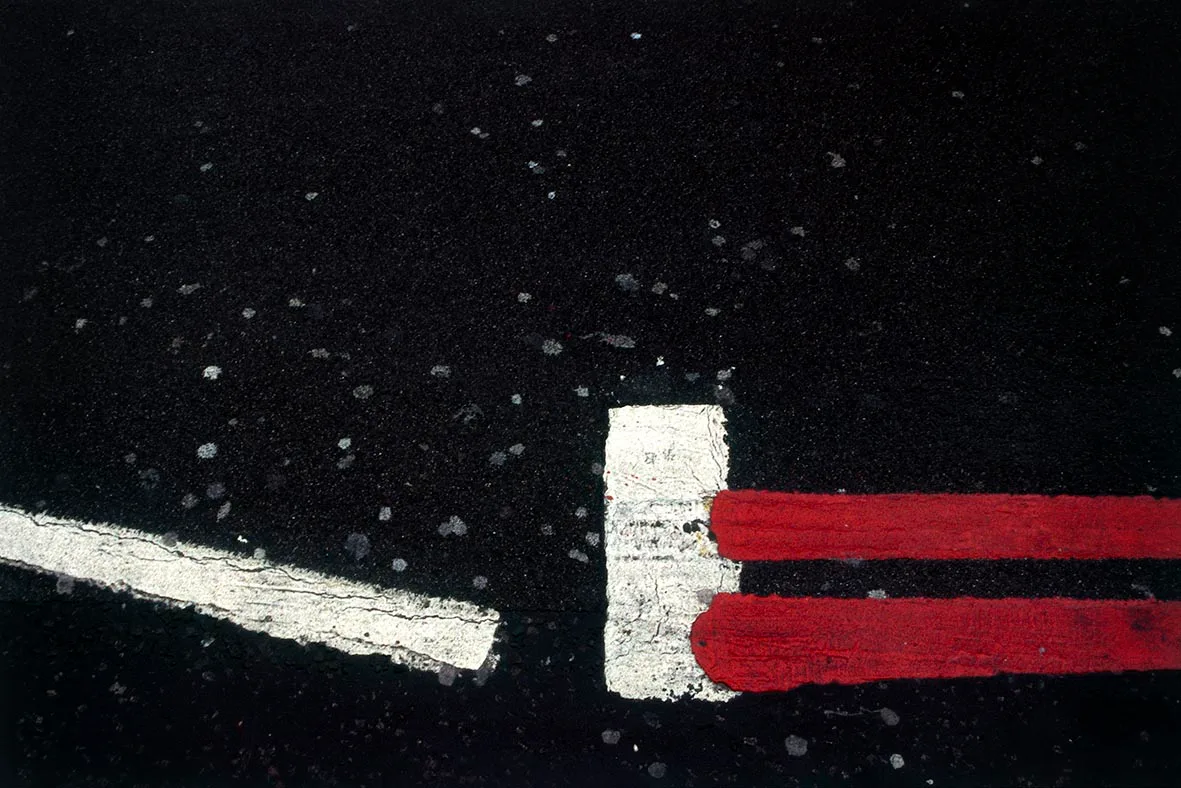
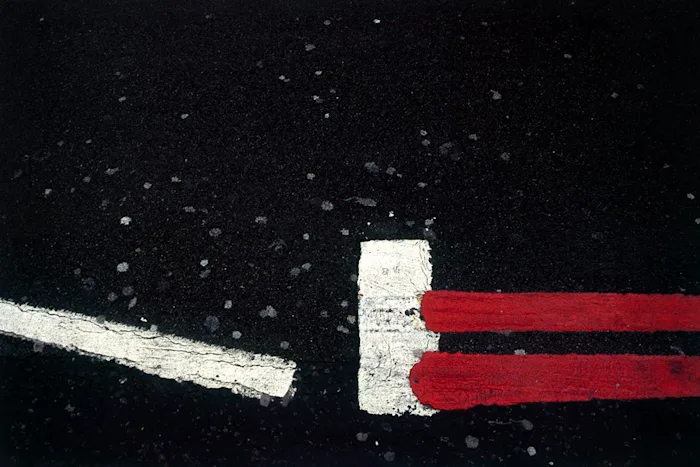
On the one hand, Alfredo was simply one comrade among so many others throughout the long history of the struggle against oppression; on the other hand, he took his discourse and practice to the extreme through an an exemplary consistency: a thorn in the side of morality, a "mad Don Quixote" to so many benevolent and pusillanimous people, someone who paid for this tension through years of imprisonment and repression. Casting aside the whole issue, he would no doubt have invoked Nietzsche’s statement: "I am not a man, I am dynamite."
In the final account, we must continue to desire and play, to despise our sworn enemies and to love life. After all, it is revolutionary passion in the midst of its unleashing, oriented toward the self-organization of social processes, that forms the necessary basis of a truly illogical revolution.
Appendix
The following is an excerpt from “Culture and Life,” published in Provocazione No. 22, November 1989:
I remember that my first Latin and Greek teacher was an old priest, secretary to the then-bishop of Catania, to whose room full of books my father accompanied me three times a week in the evening with religious (for him and also for me) solicitude. Of that room with its deep smell of mold and shut-in, its walls papered with books and its two rickety tables full of parchments, I retain an indelible and loving memory. I did not learn the Greek alphabet from any grammar book, but by deciphering it from a parchment in the Catania workshop dating from 1072 , related to the transfer of the remains of the bones of St. Agatha. The work was immediately hard for a boy of ten, but great was the patience of this old priest of difficult eloquence, and of my father who thus sacrificed a large part of his evenings. Perhaps, on those occasions that lasted until I was thirteen, when I decided to externalize my final (for me) proof of God's nonexistence to the old priest (at the risk of giving him a heart attack), I learned little Greek and a little more Latin, but much more I learned the discipline of study, the long and rigorous struggle to wrest tools from the enemy. In short, to put it simply, I learned that culture — or, if you prefer, knowledge — is won through struggle, and is an instrument of freedom only once you understand that no one will give you anything, that all external conditions are set against you.
There is no part of culture, even the part that looks like it can be left to specialists, that can be left out or written off. There is no hard kernel, no easy summary for weak spirits and haggard physiques.
Of course, one may very well be an excellent person without knowing Greek and Latin, or without knowing German, or philosophy, or mathematics, and he may even be an excellent revolutionary, but it may happen to him that he will encounter stimuli that will remain without explanation, or he will horrifyingly reject insights on account of not knowing how to explain them. His actions will consequently be hopelessly circumscribed and, even worse, hopelessly destined to delegation. [...]
I wish to offer a few apparently disparate examples from things placed under our noses every day. I read in the newspapers about Manzoni's state exams and tragedies.17 Since I know these lines by heart, I began repeating them to myself, just to pass the time in here [the Bergamo prison]. Then, in the first of these now unfashionable and out-of-style verses, I suddenly noticed there was a lesson for me, a man living in the year 2000, a revolutionary and a prisoner, a lesson and an invitation to reject delegating one’s cause to others and engage instead in revolt. This was not a vague suggestion, but the in-depth, collective statement of a people who once deluded themselves with hope, who remained in their place, until they finally realized that the only hope lay in popular rebellion, unaided and unsupported. It lifted me up and made me feel stronger, not because of a concept that I certainly knew well, but because of those words, those verses, that rhythm and that precise mood that only Manzoni can deliver in such a singular way.
Just one more example. In the same way and for the same reason, to pass the time and suppress the influence of my surroundings, I repeated to myself from memory Homeric verses translated by Pindemonte, in which the old Odysseus returns to his island, to his woman, to his dog, and there discovers the ignoble havoc wreaked by the conquerors, the expectation of his own woman, the uncertainty of his son, the unchanging loyalty of his dog, and he also discovers there the necessity of revenge, the inevitability of revenge. And as the old warrior takes up arms and begins his painful task, unafraid of the blood and young lives cut down, one by one, like beasts to the slaughter, as he proceeds toward terrible necessity his heart falters, he feels the difficulty of understanding the why of so much new pain, the why of those new deaths; yet his hand suddenly returns sure and strong, the bird of Athena has flown close by, stands perched on a beam, a symbol of armed conscience that perseveres, resolved and unyielding, even when man's heart and feeling seem to waver.
And in the enclosure of this cell, together with my verses, I felt stronger, and also safer.
Images: Franco Fontana
Notes
1. See “Bombe Sangue e Capitale,” by the Italian section of the Situationist International. Online here. ↰
2. “Contributions to Libertarian Armed Criticism” (1980). First published in English in Insurrection (1983). Translated by Jean Weir. Online here. ↰
3. Alfredo Bonanno, “Armed Joy.” Online here.↰
4. Bonanno, “Armed Joy.” ↰
5. A translation of the text is available here.↰
6. Alfredo Bonanno, “And We Will Still Be Ready To Storm The Heavens Another Time: Against Amnesty.” Online here.↰
7. Alfredo Bonanno, “Youth in a Post-Industrial Society,” Anarchism, 1988. Online here.↰
8. Bonanno’s lengthy statement during the trial is available in Italian here.↰
9. CaneNero Anarchist Weekly, Issue 43, Dec. 20, 1996.↰
10. Alfredo Bonanno, Il trattato dell’inutilità, 3 vols., Biblioteca di Anarchismo, 2000-2009. ↰
11. Alfredo Bonanno, Negazine no. 3, 2019. Available here. An English translation by Jean Wier is online here.↰
12. Alfredo Bonanno, “Nuove svolte del capitalismo: analisi e prospettive di intervento anarchico,” talk delivered at the Università l’Orientale in Naples, October 11 2013. ↰
13. Alfredo Bonanno, “Palestine, Mon Amour,” Provocazione No. 19, 1989. Translated by Jean Wier. Online here. ↰
14. Bonanno, “Armed Joy.”↰
15. Alfredo Bonanno, “Senza una ragione,” 2001. Online here.↰
16. From Negazine 1, 2017. Online here. ↰
17. Although Bonanno does not specify which Manzoni text he has in mind, there is reason to suspect it is L’Adelchi. —Trans.↰